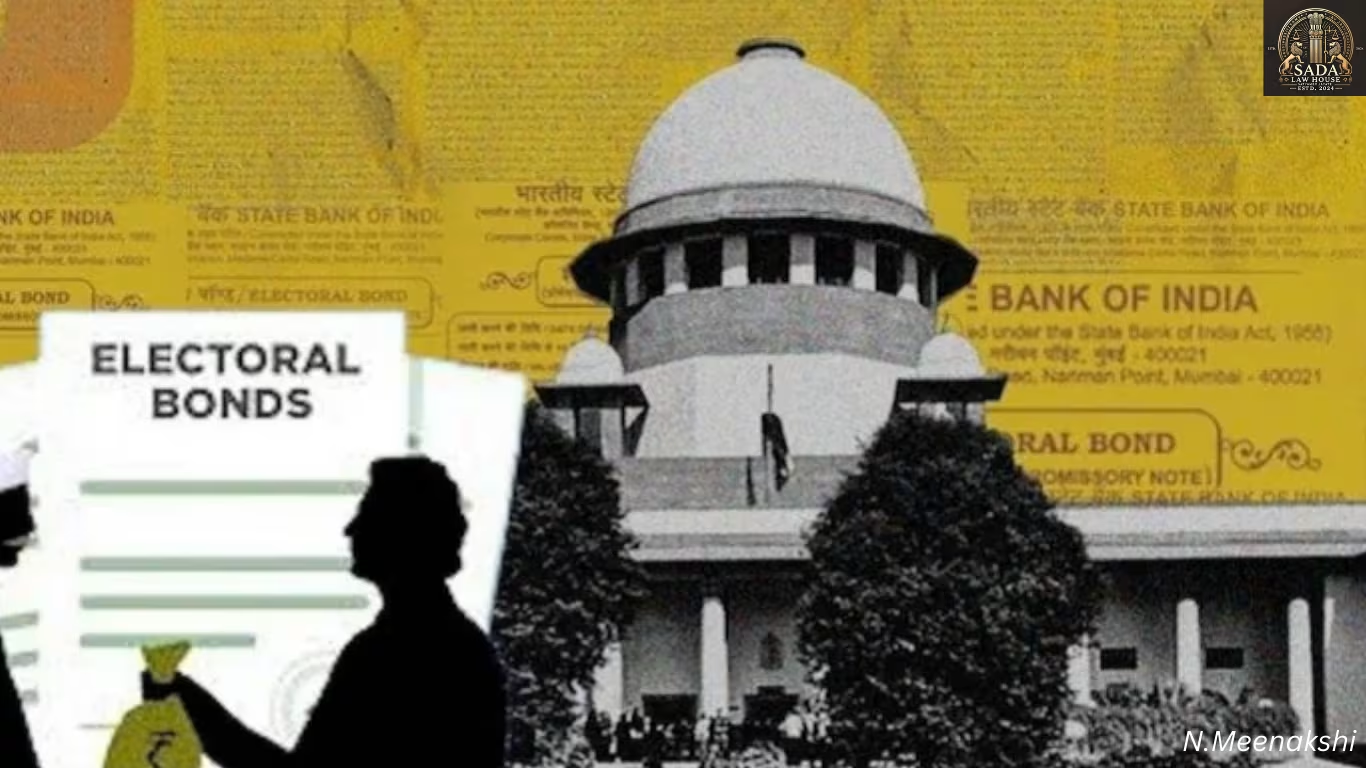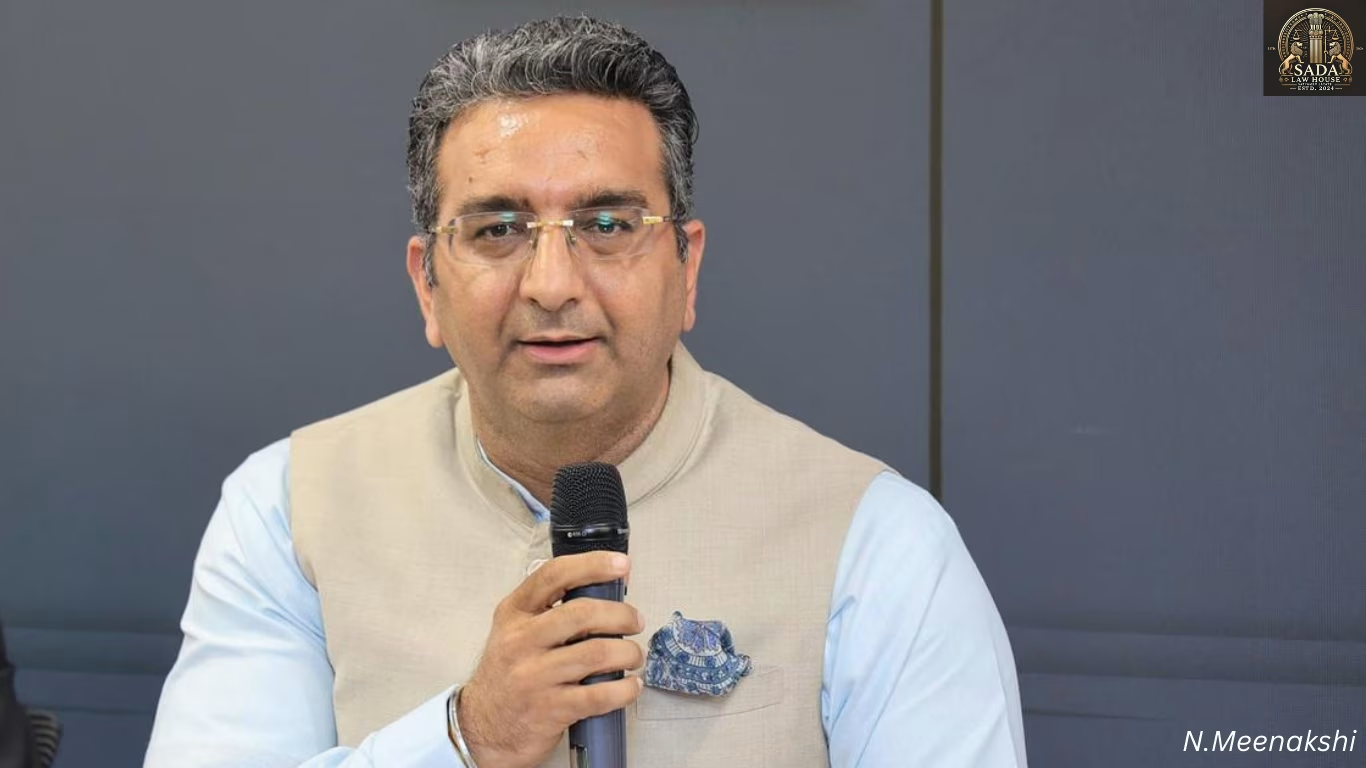Supreme Court to Review Plea on Electoral Bonds Scheme
- Shristi Singh
- 30 September 2025

Introduction
The Supreme Court of India has agreed to review fresh petitions against the Electoral Bonds Scheme, reigniting debate over political funding and transparency in India. Introduced in 2018, the scheme allows individuals and corporations to donate money to political parties anonymously—a system critics argue encourages opacity and undermines democratic accountability.
Background of the Scheme
The Electoral Bonds Scheme was introduced by the Government of India with the stated objective of creating a “clean and transparent” channel for political donations.
Donors purchase bonds through the State Bank of India (SBI).
Political parties encash them through designated accounts.
Donor identity remains confidential.
While the government claims the scheme curbs cash-based donations and black money, opposition parties, activists, and civil society groups argue it promotes opaque funding, lack of accountability, and corporate influence in politics.
Supreme Court’s Involvement
Several Public Interest Litigations (PILs), including one by the Association for Democratic Reforms (ADR), have challenged the scheme’s constitutionality. Petitioners argue:
Violation of Right to Information – Citizens must know the sources of political funding.
Unfair Advantage to Ruling Party – SBI’s government control could give ruling parties privileged access to donor details.
Corporate Influence – Large corporations can anonymously shape policies through donations.
The Supreme Court, while not delivering a verdict yet, has agreed to a comprehensive review and scheduled hearings in the coming months.
Political Reactions
Opposition Parties: Welcomed the Court’s move, framing it as a step toward protecting democracy.
Ruling Party: Defended the scheme, highlighting its role in reducing cash-based, untraceable donations.
Civil Society: Stressed the need for donor disclosure, arguing that transparency is essential for an informed electorate.
Legal Significance
This case holds major implications for electoral democracy and constitutional rights in India. Possible outcomes include:
Striking down the scheme as unconstitutional.
Modifying it with stricter disclosure and accountability mechanisms.
Upholding the scheme while balancing confidentiality with public transparency.
Conclusion
The Supreme Court’s review of the Electoral Bonds Scheme marks a landmark moment in India’s political and legal discourse. Its decision will shape the future of electoral funding, transparency, and the integrity of democratic processes. Until a final judgment is delivered, the scheme remains at the center of a heated debate on whether it strengthens clean politics or deepens opacity in governance.
Live Cases






